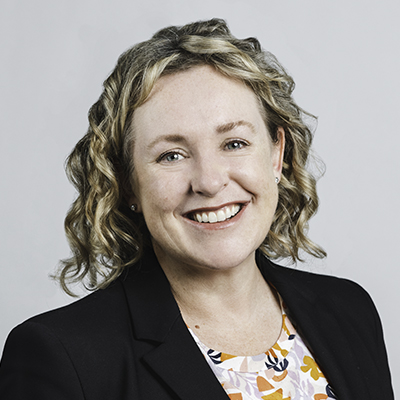Signs an elderly loved one may need aged care
With busy lives and growing distances between homes, it’s easy to feel out of touch with friends and loved ones.
Family gatherings such as Christmas, celebrations and milestone events often give us the chance to slow down and catch up with the people dearest to us in our lives.
Sometimes, when we gather together after not seeing people for a long time, it might be obvious there’s a big change in an elderly loved one - and they’re not managing as well as they once did. This can be confronting and worrying. You may wonder how bad things are and whether you should take action.
Signs your loved one may need in-home care or residential aged care include:
- Missed appointments
- Appliances left on
- Decline in usual housekeeping standards
- Unexplained scrapes or dents in cars
- Weight/appetite loss or an empty fridge
- Changes in personal hygiene
- Forgetting to take medication
- Neglected house or garden
- Loss of interest in hobbies/activities
- Depressed mood or behaviour changes
What to do if you notice some of these signs?
If you notice some of the above signs, a great first step is to schedule a family meeting.
Getting the whole family on the same page about an elderly loved one's care is a great way to make good decisions in their best interest. It can also reduce unnecessary conflict and stress as the situation progresses, which often happens quite quickly.
A family meeting is a chance to address issues such as what type of aged care is needed, how care can be funded and how much family members can realistically contribute in terms of hands-on care.
Aged care is a sensitive topic and one where emotions can run high and have a big impact on the decision making process. This includes important financial decisions that can have long term impacts on family wealth.
How expert aged care advice can help
Aged care is one area where it really pays to get on the front foot. Clients are often surprised by how much paperwork there is to do, how long the assessment and placement processes can take and how complex contracts and financial considerations can be.
Using the independent voice of a financial adviser experienced in aged care to facilitate a family discussion can:
- Keep you on track at a difficult time
- Ensure you consider all the financial implications
- Help you make informed decisions with confidence
- Get the best outcome for your elderly loved one
With professional and objective financial advice and support, the difficult transition to aged care can be made easier and more affordable.
If you're already an FMD client, talk to you adviser about how we can help. If you're new to FMD, you can find more information about our experienced aged care team or book an appointment with an adviser here
General advice disclaimer: This article has been prepared by FMD Financial and is intended to be a general overview of the subject matter. The information in this article is not intended to be comprehensive and should not be relied upon as such. In preparing this article we have not taken into account the individual objectives or circumstances of any person. Legal, financial and other professional advice should be sought prior to applying the information contained on this article to particular circumstances. FMD Financial, its officers and employees will not be liable for any loss or damage sustained by any person acting in reliance on the information contained on this article. FMD Group Pty Ltd ABN 99 103 115 591 trading as FMD Financial is a Corporate Authorised Representative of FMD Advisory Services Pty Ltd AFSL 232977. The FMD advisers are Authorised Representatives of FMD Advisory Services Pty Ltd AFSL 232977. Rev Invest Pty Ltd is a Corporate Authorised Representative of FMD Advisory Services Pty Ltd AFSL 232977.



